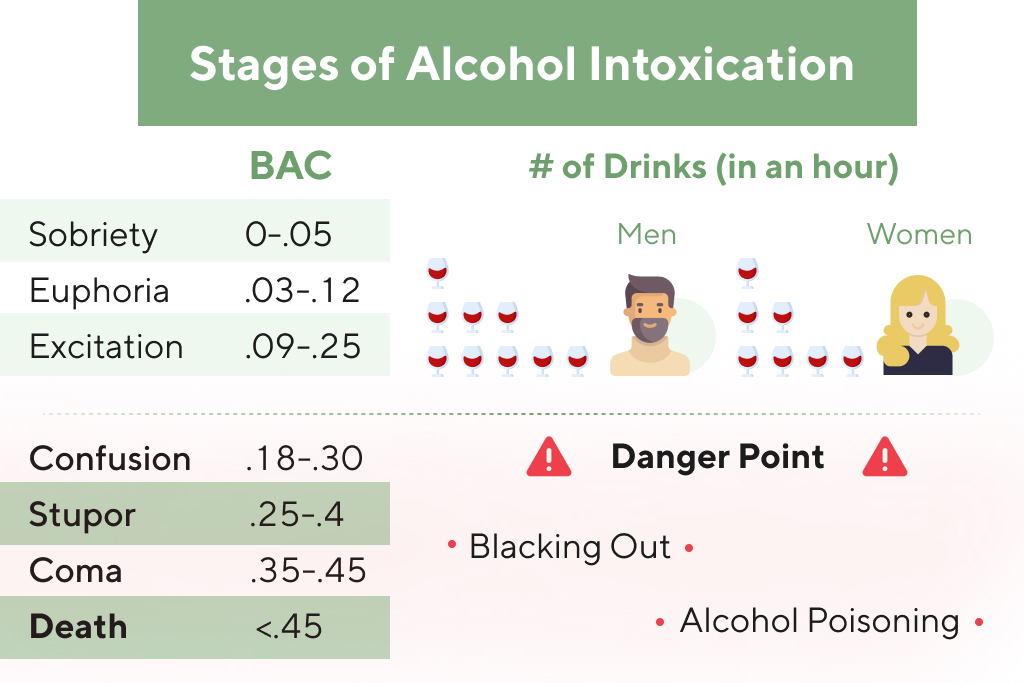As aggression can lead to emotional and physical violence, it’s urgent for people who have this tendency to curb or stop drinking. There’s a strong link between drinking and domestic violence. Alcohol also disrupts the prefrontal cortex, the part of the brain responsible for rational decision-making, impulse control, and emotional regulation. With the prefrontal cortex impaired from drinking, people may struggle to keep their emotions in check or weigh the consequences of their actions. Its definition ranges from someone more likely to create conflicts or say hurtful comments they might not if sober, to volatility.
Talk to Them When They are Sober

Drinking alcohol can sometimes lead to some people becoming angry much more easily. This can then result in sudden aggressive outbursts, different forms of verbal abuse and sometimes how to stop being aggressive when drunk violent behaviour. People may feel like their angry temper gets out of control once they have consumed alcohol. This can then develop into a more serious problem for the person and the people around that person.

Tips to change your relationship with alcohol
For victims of domestic violence or violent crimes, reach out for help immediately. A 2018 study examined MRI scans to see alcohol-related changes in the brain. Results showed decreased prefrontal cortex activity, affecting inhibition and working memory. According to the World Health Organization (WHO), alcohol and anger are closely linked. Alcohol is tied to aggression more than other types of psychotropic substances. If you engage with their arguments, start using aggressive language, or get angry with them for their anger, you are feeding the flames of the altercation.
Renaissance Recovery Nashville, TN
If he’s nasty only when drunk, alcohol might be the trigger. Legal help can be crucial when dealing with an intoxicated, abusive spouse. Many cities provide free legal aid drug addiction for domestic violence survivors. These services can assist you with obtaining protective orders or initiating divorce proceedings. Alcohol also muddles how you read other people’s feelings.
Community health centers often provide low-cost counseling too. Stay calm, establish clear boundaries, and avoid engaging in arguments. Your safety is the top priority – if you ever feel threatened, seek help immediately. Keeping cool when someone’s hurling insults isn’t a walk in the park. Take a deep breath, count to ten before you react – this pause might help you think straight and avoid blurting out stuff you’ll wish you hadn’t later.
It can take anywhere from 15–45 minutes for a person to feel the full effects of an alcoholic drink. We acknowledge people with lived experience of mental ill-health and recovery and the experience of people who have been carers, families, or supporters. Violent behaviour is when you’re physically harming others, or causing them to fear harm from you. Drugs and alcohol usually make violent behaviour worse. If you’re being violent, there are things you can do to understand and stop your destructive behaviour. And no matter what “type of drunk” you are, if you find yourself drinking frequently and struggling to control your consumption, it may be a sign that it’s time to cut back.
Others can be affected by alcohol-related violence too, including wider family and friends as well as children. Drinking alcohol can make us act in ways we wouldn’t normally, including being angry or aggressive. Does your behaviour hurt other people and damage your relationships? Some responses to alcohol, however, are more common than others. You might recognize some of these “types of drunks” in yourself or your friends or family.
- These signs of an intoxicated person may appear slowly or all at once depending on the person’s tolerance and the type of alcohol consumed.
- The chances of you getting your point across in a reasonable, effective manner are slim.
- I’m not an alcoholic in the sense that I drink every day or that I need to.
If you notice that your family gets rowdy after 9 o’clock, leave the family function at 8. Carrying a personal safety alarm allows you to discreetly request help at the press of a button. This alerts a dedicated 24/7 control centre, where trained Alarm Controllers listen in https://www.coach-a-nantes.fr/2022/06/14/exploring-how-alcoholic-parents-affect-their/ and coordinate an appropriate response. Depending on the situation, they can notify your emergency contacts or directly contact the police to ensure the fastest possible response in an emergency. In some situations, de-escalation may not be possible, and emergency help could be needed.